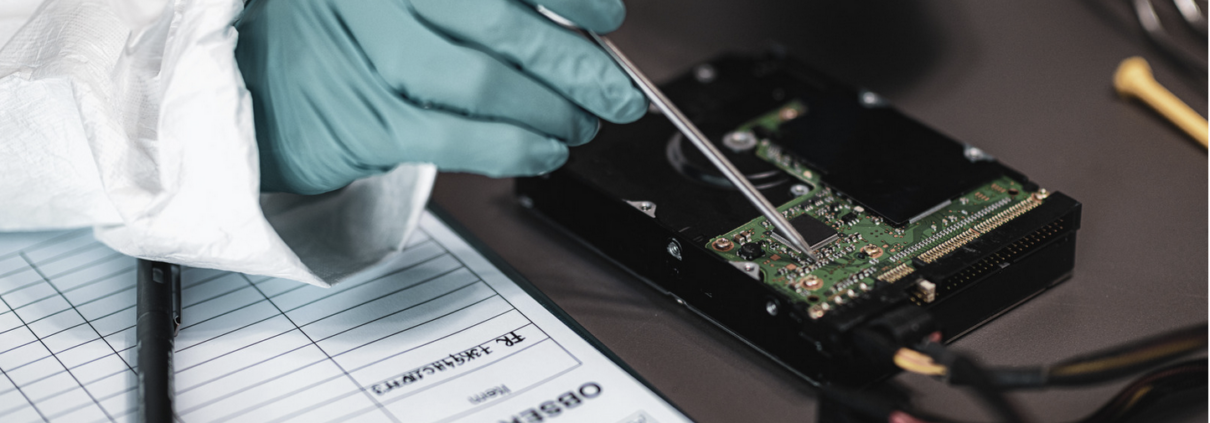The Smart Lawyer’s Guide to Digital Forensics
It’s a digital world and your next investigation may just depend on knowing how to navigate it effectively. The term “digital forensics” was originally used as a synonym for “computer forensics” but has expanded to cover investigation of all devices capable of storing digital data. Since the topic of digital forensics is a bit of a question mark with some attorneys, we sat down with legal investigations expert Tim Santoni, Santoni Worldwide, to talk about this area:
Who can effectively do it? Legally?
Digital forensics (for all electronically stored information- ESI) should be done by professional who has the necessary certifications and technology. In order for the evidence to hold up in court, a licensed investigator or licensed investigations firm should be involved. The forensic tools used by certified forensics professionals allow for a defensible copy of the information to not be altered or tampered with.
When is it used in cases?
It is often used in these situations:
- Trade Secrets Theft- Look for emails and downloads of client lists. Look for someone plugging in large hard drives in the days before they quit.
- Check chat logs and email messages to show that an employee was working for, consulting or leaking information to third parties.
- Family Law: text messages tell the story of abuse and often contain photos of events
- Cell Phone Forensics is often used to prove a timeline as to what happened, at exactly what time and where.
- Digital Forensics is used to introduce admissible evidence or to refute digital evidence submitted by the other side.
Why is it important to know how to do it?
It’s critical to understand how to do it because more and more evidence is found in electronically stored information. You need to know where to look, how to retrieve it and then how to search for what you are looking for. Additionally you must know how to maintain a chain of custody with regard to the devices being examined so that the evidence will hold up in court.
What complementary skills and techniques are needed to support a digital forensic investigation?
Investigative skills, litigation experience, knowing how people like to hide information, etc. A digital forensic investigation requires that the investigator understands the case as well as the legal theories behind the case.
Digital (or analog) investigations can lead to to big victories in the courtroom or more favorable settlements. That’s why the smartest attorneys and law firms across the country (like you) work with the worldwide team of Santoni Investigations who will make sure you know everything to maximize the settlement process or win your case in court!
